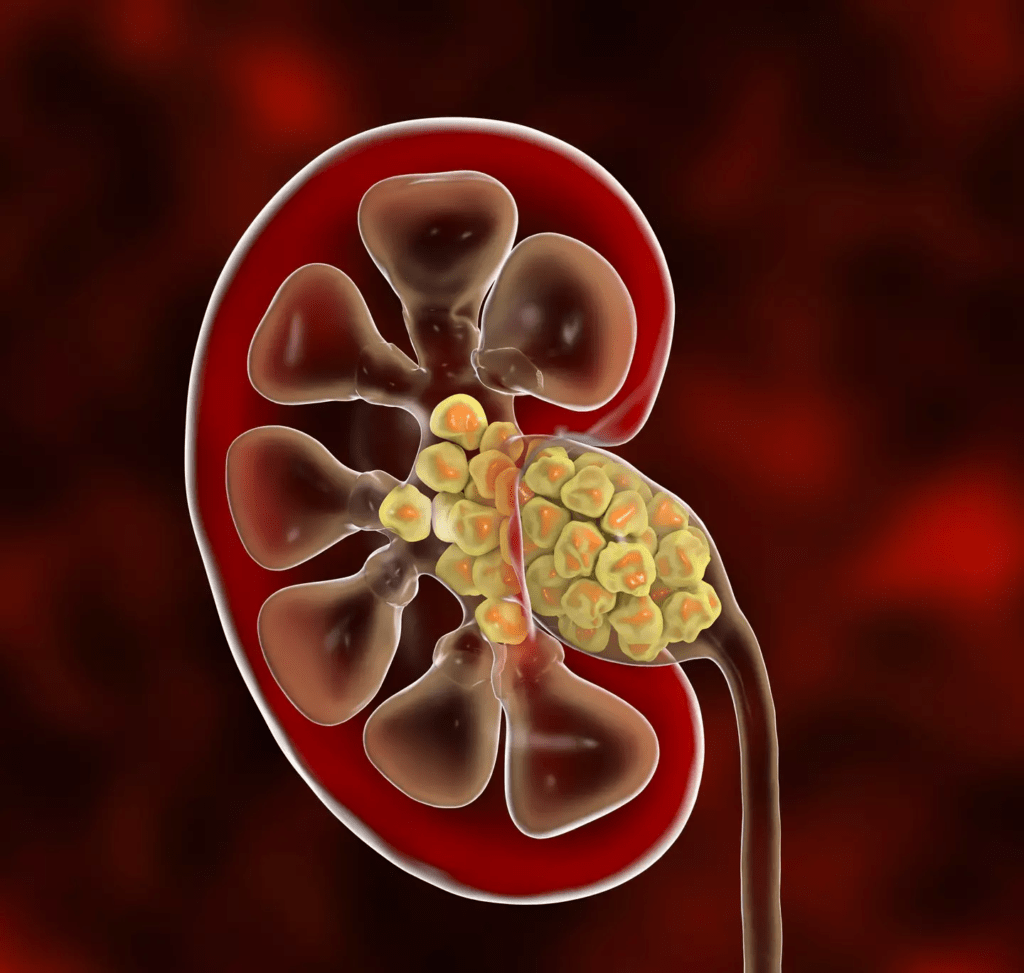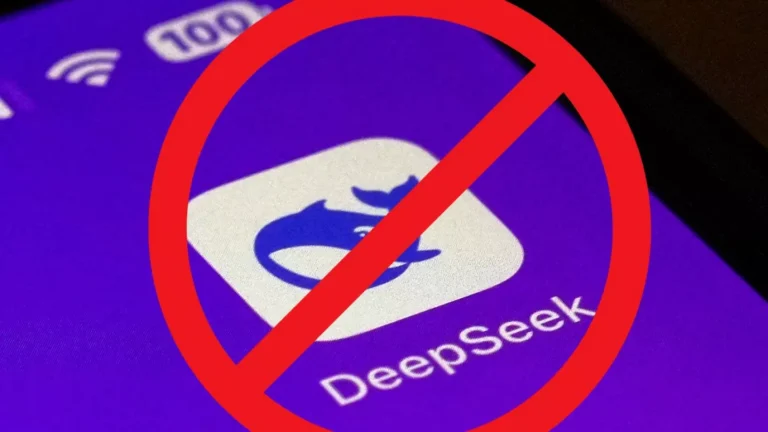The Worst Pain a Human Can Experience: Study Unveils the Agony of Kidney Stones

Have you ever wondered what the most intense natural pain a human can experience is?
Many of us have pondered this question. Is it the sharp agony of a kick to the groin for men or the intense labor pains experienced by women during childbirth? The debate has persisted for years, but now, scientific research has finally provided some clarity.
The Pain Comparison: Childbirth vs. Kidney Stones
Both childbirth and kidney stones are notorious for their severity, with countless stories of mothers and men recounting their harrowing experiences. While childbirth is a monumental event that brings new life, the pain of passing a kidney stone is often described in equally vivid terms, if not worse.
In fact, a significant number of mothers who have given birth multiple times have stated that the pain from kidney stones was more severe than childbirth. Similarly, men who have suffered from kidney stones argue that the agony far surpasses the infamous kick to the groin.

The Study That Settled the Debate
A pivotal study sheds light on this agonizing topic. Conducted by Saiful Miah, Charlotte Gunner, Lucy Clayton, Suresh Venugopal, Nigel R Boucher, and Bo Parys, the research aimed to compare pain experiences between genders in relation to kidney stones. The study involved 36 male and 23 female participants who were asked to complete a questionnaire that recorded their age, stone size, and numerical pain rating.
The findings were striking:
- 88.9% of male participants reported that kidney stones were the worst pain they had ever experienced.
- 78.2% of female participants echoed the same sentiment.
This data underscores that kidney stones are a formidable contender for the most excruciating natural pain.
Insights from Medical Experts
To further validate these findings, let’s delve into perspectives from medical professionals. Professor Troy Madsen, an expert in emergency medicine and surgery at the University of Utah, offered his insights during an appearance on the Who Cares About Men’s Health? podcast in 2022.
“I don’t know that I ever see anyone on a regular basis in the ER who has more pain than a person who’s there with a kidney stone,” Madsen explained. “You can tell. You walk in the room, they’re writhing. It’s just incredible pain.”
Additionally, a blog by Cedars-Sinai Medical Center in Los Angeles emphasizes the severity of kidney stone pain. The blog describes it as “some of the most severe physical pain a person can experience.”

Social Media Reactions: What People Are Saying
The debate over the worst pain isn’t confined to academic studies—it’s also a hot topic on social media. Many users have taken to platforms like Twitter and Reddit to share their experiences and opinions. Here are a few notable posts:
- Twitter User @PainJourneys: “Having been through both childbirth and kidney stones, I can honestly say, give me childbirth any day. The kidney stone pain was relentless! #WorstPainEver” Read the full thread
- Reddit User u/StoneSufferer: “Kidney stones are no joke. The pain is like someone stabbing you in the side repeatedly. Never felt anything like it in my life.” Join the discussion
- Instagram User @LifeWithPain: “After my third child, I thought I’d experienced it all. Then came the kidney stone. That was a whole new level of pain. #KidneyStones #PainfulExperiences” See the post
These posts highlight the widespread acknowledgment of kidney stone pain, often compared to or even surpassing childbirth in intensity.
Understanding Kidney Stones
What exactly are kidney stones, and why do they cause such intense pain? Kidney stones are hard mineral and salt deposits that form inside the kidneys. They can vary in size and cause sharp, cramping pain in the back and side, often radiating to the lower abdomen and groin.
According to the Mayo Clinic, common symptoms of kidney stones include:
- Severe pain in the side and back
- Pain during urination
- Pink, red, or brown urine
- Nausea and vomiting
- Persistent need to urinate
The Emotional Impact of Kidney Stones
The physical pain caused by kidney stones is well-documented, but it’s also important to consider the emotional toll. Many sufferers report feelings of anxiety and fear, especially during an acute episode. The unpredictability of the pain and the possibility of recurrence can lead to chronic stress.
Moreover, the intense pain can interfere with daily activities, affecting work, social life, and overall well-being. For many, the recovery period can be just as challenging as the pain itself, requiring a significant amount of rest and adjustment to prevent future stones.
Managing Kidney Stone Pain
If you suspect you have a kidney stone, it’s crucial to seek medical advice. The Mayo Clinic suggests several approaches to manage the condition:
- Hydration: Drinking plenty of water can help flush out small stones.
- Pain Relievers: Over-the-counter medications may alleviate discomfort.
- Medical Therapy: Doctors may prescribe medications to help pass the stone more easily.
In severe cases, where the stone is too large to pass on its own or causes unbearable pain, surgical removal may be necessary.
Preventing Kidney Stones
Preventing kidney stones involves lifestyle changes and dietary adjustments. Here are some tips:
- Stay Hydrated: Aim for at least 8-10 glasses of water daily to dilute substances in the urine that form stones.
- Reduce Salt Intake: Excessive salt can increase calcium in the urine, leading to stone formation.
- Limit Oxalate-Rich Foods: Spinach, beets, and nuts are high in oxalates, which can contribute to kidney stones.
For more detailed preventive measures, visit Kidney Health Australia.
Seeking Support and Building Awareness
Raising awareness about kidney stones and their impact is crucial. Support groups and online communities can offer valuable advice and encouragement for those dealing with this condition. Platforms like KidneyStoners.org provide forums for sharing experiences, asking questions, and finding solace in the stories of others.
Exploring Treatment Advances
In recent years, advancements in medical technology have provided new hope for kidney stone sufferers. Innovations such as laser lithotripsy, a procedure that uses laser energy to break down stones into smaller, passable pieces, have proven effective. Additionally, non-invasive techniques like extracorporeal shock wave lithotripsy (ESWL) use sound waves to disintegrate stones, reducing the need for surgical intervention.
Moreover, researchers are exploring the development of medications that can dissolve kidney stones or prevent their formation. These cutting-edge treatments may revolutionize the way kidney stones are managed in the future, offering less invasive and more comfortable options for patients.
The Future of Kidney Stone Research
As researchers continue to study kidney stones, the focus is shifting toward better prevention and treatment methods. For instance, personalized medicine is showing promise, where doctors tailor treatments based on the specific type of stones a patient forms. Early detection tools, such as genetic tests and advanced imaging, are also being developed to identify those at risk before they experience painful episodes.
The more we understand kidney stones, the better equipped we’ll be to help individuals avoid this excruciating pain, ensuring that future generations can live pain-free.
Conclusion: A Painful Reality
While the debate about the worst pain continues, kidney stones emerge as a leading contender based on both anecdotal and scientific evidence. Whether you’ve experienced this firsthand or know someone who has, the excruciating pain of kidney stones is undeniable.
For those seeking support or more information, resources such as the National Kidney Foundation offer valuable insights and assistance.
Have you ever experienced kidney stones or another severe pain? Share your story in the comments or on social media using #WorstPainExperience.






